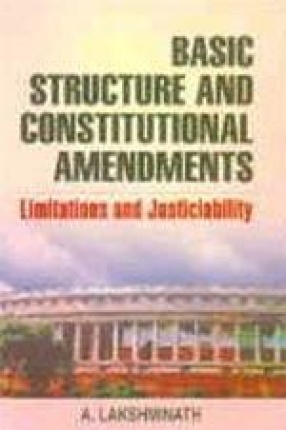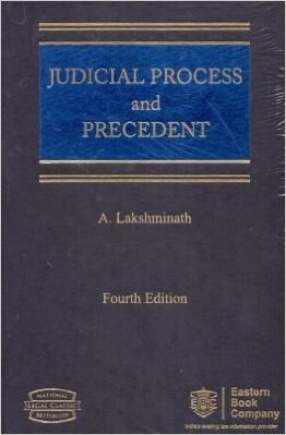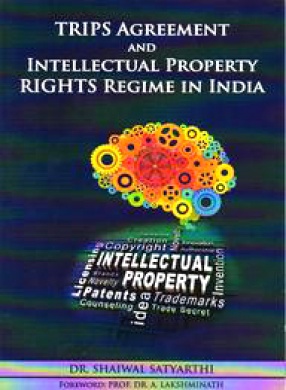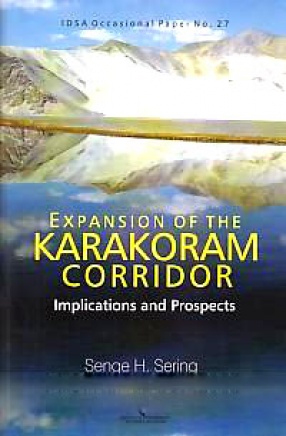While the intellectual reservoir of Jurisprudential dialectics is forever overflowing with the ink spilled over on the basic structure doctrine by judges and academicians alike, the pragmatic receptacle of constitutional dynamics is replete with controversies centred around the amending power of the Parliament. Thus opens the portal into the realm of Indian constitutional Jurisprudence’s journey from and to the basic structure doctrine. The struggle for supremacy between the Parliament and the judiciary is nowhere more pronounced than in the field of Parliament’s power to amend the constitution and the judiciary’s efforts to put fetter on it. Against this backdrop the questions which brook no delay are: What are the ultimate checks and balances on the amending power of the Parliament? Who is the best judge to settle the controversy? What stable standards can be evolved to identify the building blocks of the basic structure? This book starts with these questions whilst organising a critique of the limitations and justiciability of the basic structure doctrine in the background of Kesavananda and the law since developed by the Supreme Court on the strength of that decision. An attempt is also made to uncover the jurisprudential basis for judicial review of constitutional amendments by considering familiar models like political question doctrine and Kelsen’s pure theory especially in the context of the role of policy arguments in judicial law making. Constitutional provisions of several countries touching the amendment process and power are compared.
Basic Structure and Constitutional Amendments: Limitations and Justiciability
In stock
Free & Quick Delivery Worldwide
reviews
Bibliographic information
Title
Basic Structure and Constitutional Amendments: Limitations and Justiciability
Author
Edition
1st Ed.
Publisher
ISBN
8176293911
Length
ix+313p.
Subjects








There are no reviews yet.